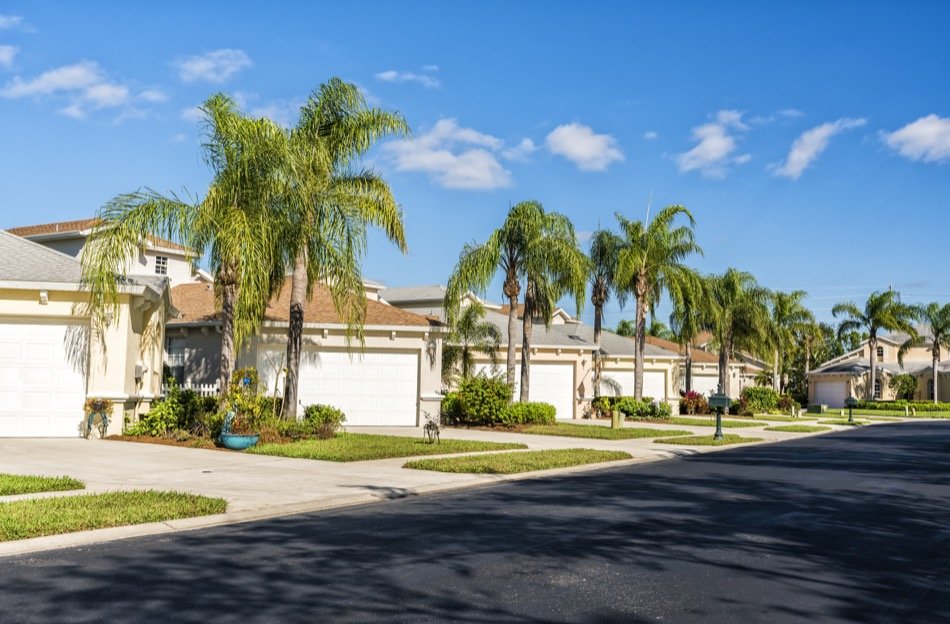5 Tips to Buy in an Age-Restricted Community
Posted by Justin Havre on Monday, September 30th, 2019 at 9:21am.
 Canada may have restrictions against age-related discrimination for housing, but lawmakers make the exception for senior living. This exception essentially allows HOAs to design their grounds to meet the needs of seniors and promote meaningful relationships between the people who live there. When it comes to retirement lifestyles, these communities represent the largest trends across the country, whether homeowners are looking to downsize their home or make new friends. Once Springbank Hill homebuyers learn about the advantages of this option, it's easy to see why it's so popular. However, there are a few things that residents should learn before making an offer.
Canada may have restrictions against age-related discrimination for housing, but lawmakers make the exception for senior living. This exception essentially allows HOAs to design their grounds to meet the needs of seniors and promote meaningful relationships between the people who live there. When it comes to retirement lifestyles, these communities represent the largest trends across the country, whether homeowners are looking to downsize their home or make new friends. Once Springbank Hill homebuyers learn about the advantages of this option, it's easy to see why it's so popular. However, there are a few things that residents should learn before making an offer.
Age Limits
Not every community technically restricts the ages of its residents, but will rather market themselves to those looking to enjoy the leisure of retirement. Properties may be open to anyone 18 and older, so it may help to know this prior to moving in. In addition, not everyone is retired in an age-restricted community, and the age ranges in Canada can easily span from 40 to 100.
So while the neighbor may be of retirement age, there may come a time when they need to host their grandchildren for several weeks at a time. If living next to young children is something the buyer would prefer to avoid, they'll need to dig into the fine print. These restriction clauses go beyond that of standard home visits during holidays or special occasions. Regardless of the community, homeowners will likely encounter people of all ages throughout the year.
Changing Needs
Many people will end up spending several decades in their retirement community. If they move in at 55, they could conceivably spend 40 or even 50 years in the same community. This is why it's so important to give the future the same priority as the present. At the time of purchase, a person may not need any mobility assistance or medications. All homebuyers should look for a community that will accommodate potential changes if they're planning to stay for a while.
Here are just a few questions to consider:
- Is there on-site medical assistance? If not, how far is the nearest ER?
- Does the community have partnerships or programs that would help a homeowner get the care they need?
- Will it be easy to get groceries or other necessities delivered if a resident is unable to run errands on their own?
Activity Levels
An active and social lifestyle isn't just recommended for some of us—these are necessary elements for everyone at every age. That's why it's important for buyers to consider the types of activities they want out of a community. Many age-restricted communities feature amenities such as golf courses, pools, or regular casino nights. Now is the time for buyers to take a realistic assessment of their likes and dislikes. Those who move into a property expecting to take up a new hobby may be sorely disappointed to find that they won't actually stick with it. They may feel pigeonholed or isolated if they don't want to attend regular gatherings.
Potential Disadvantages
Some people crave the unpredictability of diversity and the chance to learn and grow from people of all ages. Buyers who don't want to limit themselves may want to find a community with people from all walks of life. Retirement communities also usually require much more research than that of a traditional home sale. From the amenities to the bylaws to the property assessments, many people will start their search several years before they end up settling on a property.
An age-restricted community can be exactly what a home buyer needs to find friends and support that they'll treasure for many years to come. However, not all communities will fit the needs of the buyer. It helps to know the rules, drawbacks, and restrictions first.
